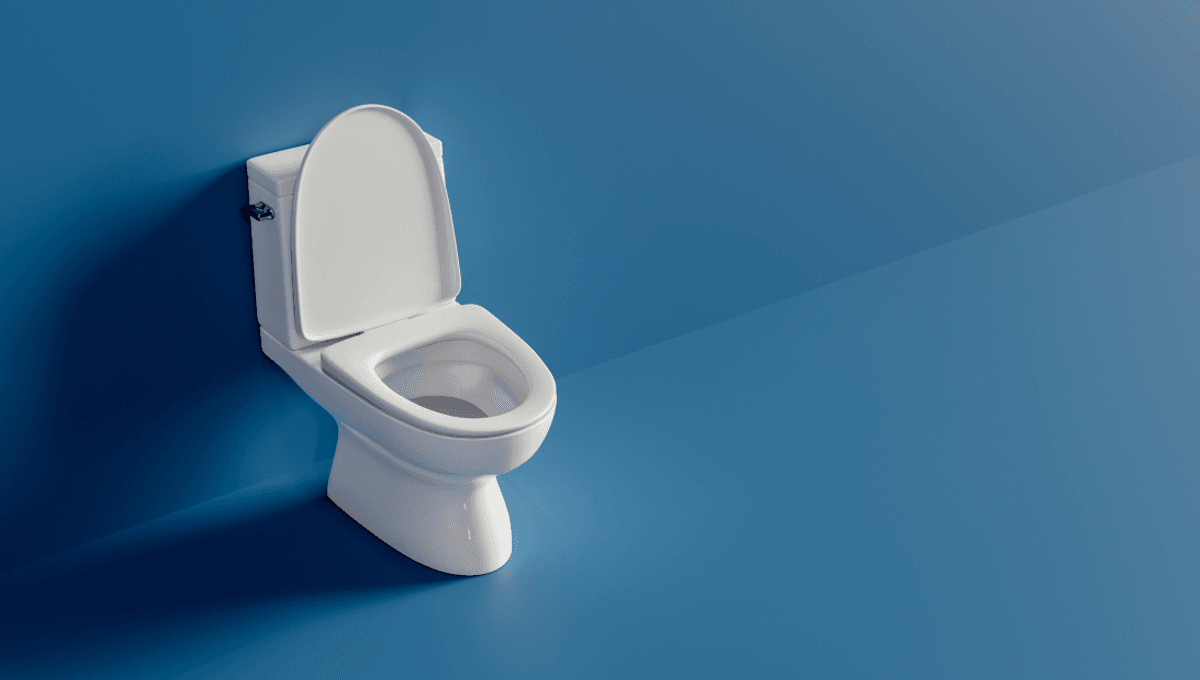
Being a human being is exhausting. You’re responsible for ensuring you take in the right amount of food and water, and then you’ve got to deal with the consequences of it coming out the other end. It’s a panic that leads many of us to habitually pee every time we’re about to leave the house, but is that always a good idea?
How often should you pee?
In 2015, an Ig Nobel Prize for physics was awarded to a team that modeled the fluid dynamics involved in peeing for a variety of different-sized animals. They discovered the “Law of Urination,” highlighting how animals over 3 kilograms (6.6 pounds) tend to empty their bladders over a period of 21 seconds (to go).
Urologist Nicole Eisenbrown, MD, told Well and Good that this “21-second rule” can be used to help keep an eye on your own health and habits. Basically, if you time yourself peeing across several sittings and find that you’re either falling short or shooting way over 21 seconds, it could be a sign that you’re holding it in for too long, or going too much.
According to the NHS, the average number of times we pass urine each day is 4 to 8 times, plus up to once a night if you’re under 60 years old, or twice per night if you’re over 60 years old. The limit is dictated by the flexibility of our bladder, and that can change if you’re forcing yourself to pee more than you really need to.
What can happen if you make yourself pee too often
You could easily go above that goal of 4 to 8 times if you’ve got a busy day ahead and keep peeing every time before you’re about to leave the house. It makes sense given you don’t want to get caught short on the road, but it can worsen the symptoms of an overactive bladder.
That’s the name given to bladders that cause a person to feel a sudden and urgent need to urinate, a need that can’t wait. It comes down to bladder capacity and tolerance, because this stretchy organ can typically hold between 300 to 600 milliliters (10.1 to 20.3 fluid ounces) on average, says the NHS.
The occasional exit pee isn’t going to cause any dramatic change, but if you consistently pee long before your bladder is sufficiently full, it can train the bladder to stop being so stretchy, giving you that urge before it’s really time to go. It’s not a “use it or lose it” situation though, as you can train your bladder back to being able to tolerate getting stretched again.
What our pee can tell us
Pee is a pretty remarkable resource when it comes to monitoring health. We can test the actual fluid itself for signs of all sorts, from dehydration to pregnancy and even certain cancers. However, the frequency at which we pee can also be an insight into our health. If you have any concerns about the frequency at which you’re urinating, or what’s coming out when you do, it’s important to discuss it with a health professional so they can advise if any further tests are needed, or if bladder training could be helpful for you.
Yes, peeing is tedious, but it can be pretty damn handy, too.
All “explainer” articles are confirmed by fact checkers to be correct at time of publishing. Text, images, and links may be edited, removed, or added to at a later date to keep information current.
The content of this article is not intended to be a substitute for professional medical advice, diagnosis, or treatment. Always seek the advice of qualified health providers with questions you may have regarding medical conditions.
Source Link: Should You Do A “Just In Case” Pee Before Leaving The House?